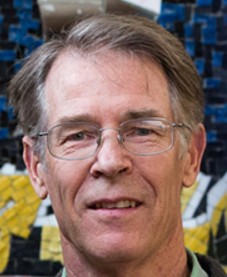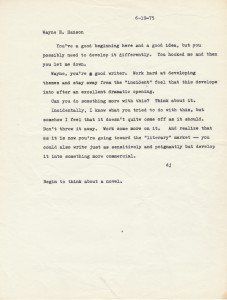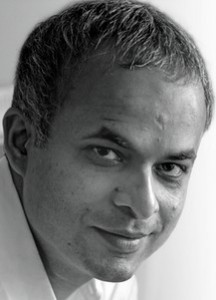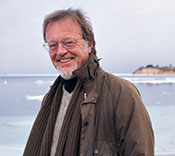 As a reader, you know better than any critic alive if a book is good or not. A “good” one hooks you and keeps you up all night. Another book – sort of “half good” – you read from time to time when you’re bored, or when avoiding something like paying bills. And a book you might call “bad” you start reading, then stop. And if you find a writer you love, you stick with him or her because you can expect a good read without too many disappointments.
As a reader, you know better than any critic alive if a book is good or not. A “good” one hooks you and keeps you up all night. Another book – sort of “half good” – you read from time to time when you’re bored, or when avoiding something like paying bills. And a book you might call “bad” you start reading, then stop. And if you find a writer you love, you stick with him or her because you can expect a good read without too many disappointments.
As a writer of indie books, you have several problems. First, of course is writing a good book. Publishing it is no problem, as publish-on-demand sites and indie publishers have proliferated and in 2015, about 625,000 indie books were published, about 1,700 books a day.
But there are still problems. Your book is out there on the Internet among those 625,000 other books published that year – among the 4 million books on Amazon – and nobody even knows it’s there except perhaps your mother, and you gave her a free copy. So what to do? The advice is to become a pitchman: “Step right up little lady, have I got a deal for you!”
The advice goes something like this: “Create an author platform, make a website, build a mailing list by offering free stuff, collect the email addresses, then offer good content and promote your books that way. Get a Kirkus review, promote that if it’s good, put it on the book jacket, promote to book bloggers, do search engine optimization, give talks at bookstores, learn all the Twitter hashtags and tag your tweets to get them out there. Sell your first book for free, promote your second book in it, charge 3 cents for it, promote your third book in that one and charge 99 cents for it…” etc. etc. etc. ad infinitum.
Most writers hate marketing and sales and suck at it, and it takes them away from writing. But neglect the pitchman job and your beautiful book sits there sadly year after year with zero sales just waiting like a puppy in the pound, pleading for someone to adopt it. The hope is that some big publishing mogul will see your book, fall in love with it just as you did, and give you a contract, take it to the top of the bestseller lists, and finally you can move to the Oregon Coast with your dog and your laptop and make millions writing your books, essays and short stories. But like thousands of writers and actors and painters, you work at Starbucks or Target and write on the side waiting for your big break.
But hold on. Let’s look out of the eyeballs of readers and publishers for a moment. How do they choose which books to buy or publish? Most often they stick with their favorite authors, so new writers like you and me seldom get a glance.
A few years ago, a guy named Ali Albazaz saw those same problems and had an idea. What if books could be put on a website and readers could check them out for free? The ones readers thought good would be read, the half-good would be half read and the bad would be quickly dropped. The site would look for “reader engagement” and the books that couldn’t be put down would be picked up and published by the company. Rather than a subjective evaluation by one “expert” the readers would, in a sense, crowdsource the book’s “goodness” and the good books would rise to the top and their writers receive a publishing contract.
Albazaz’s idea resulted in a publishing website called Inkitt. I have no investment in Inkitt but I do have a book there Called The Biscuit Tin, a story about the Holocaust. I aim to find out whether it engages readers or not, and I’ll let you know!








Recent Comments